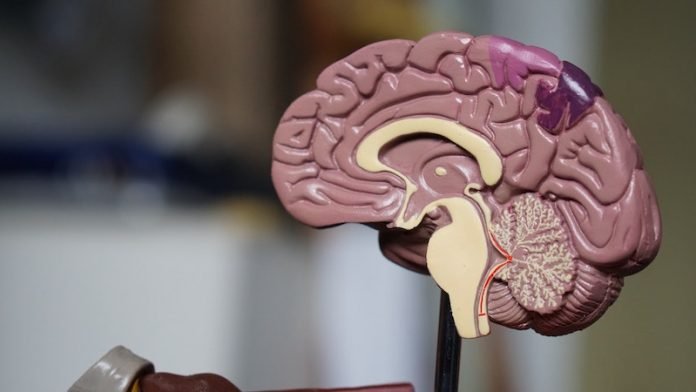
In a new study from the University of California San Diego, researchers used gene therapy to prevent learning and memory loss in a mouse model of Alzheimer’s disease (AD).
This is a key step toward eventually testing the approach in humans with the neurodegenerative disease.
AD is characterized by the accumulation of clumps of misfolded proteins called amyloid plaques and neurofibrillary tau tangles, both of which impair cell signaling and promote neuronal death.
Current AD treatments targeting plaques and tangles address only symptoms, and a reversal and cure of AD may require a combination of approaches that both decrease aggregating toxins and promote neuronal and synaptic plasticity.
Gene therapy is based on the premise that introducing a therapeutic compound to a precisely targeted region of the brain may restore or protect normal neural function and/or reverse neurodegenerative processes.
In this case, researchers used a harmless adeno-associated viral vector to introduce synapsin-Caveolin-1 cDNA (AAV-SynCav1) into the hippocampus region of AD mice.
They found the gene therapy in these AD mouse models could preserve neuronal and synaptic plasticity in targeted parts of the membrane, and improve higher brain function.
Hippocampus is a complex region deep within the brain that plays a major role in learning and memory. In AD, the region is among the first areas of the brain to be impaired.
At 9- and 11-months, hippocampal learning and memory in the mice were preserved. Moreover, researchers found that critical membrane structures and associated neurotrophin receptors also remained intact.
These results suggest gene therapy is an attractive approach to restore brain plasticity and improve brain function in AD.
If you care about Alzheimer’s disease, please read studies about to reduce risk of Alzheimer’s disease, avoid this food nutrient and findings of this prostate cancer treatment linked to Alzheimer’s disease.
For more information about Alzheimer’s disease prevention and treatment, please see recent studies about diet high in this nutrient may help fight against Alzheimer’s disease and results showing that a new way to accurately detect Alzheimer’s disease.
The study is published in Molecular Therapy-Methods & Clinical Development. One author of the study is Brian P. Head, Ph.D.
Copyright © 2021 Knowridge Science Report. All rights reserved.




